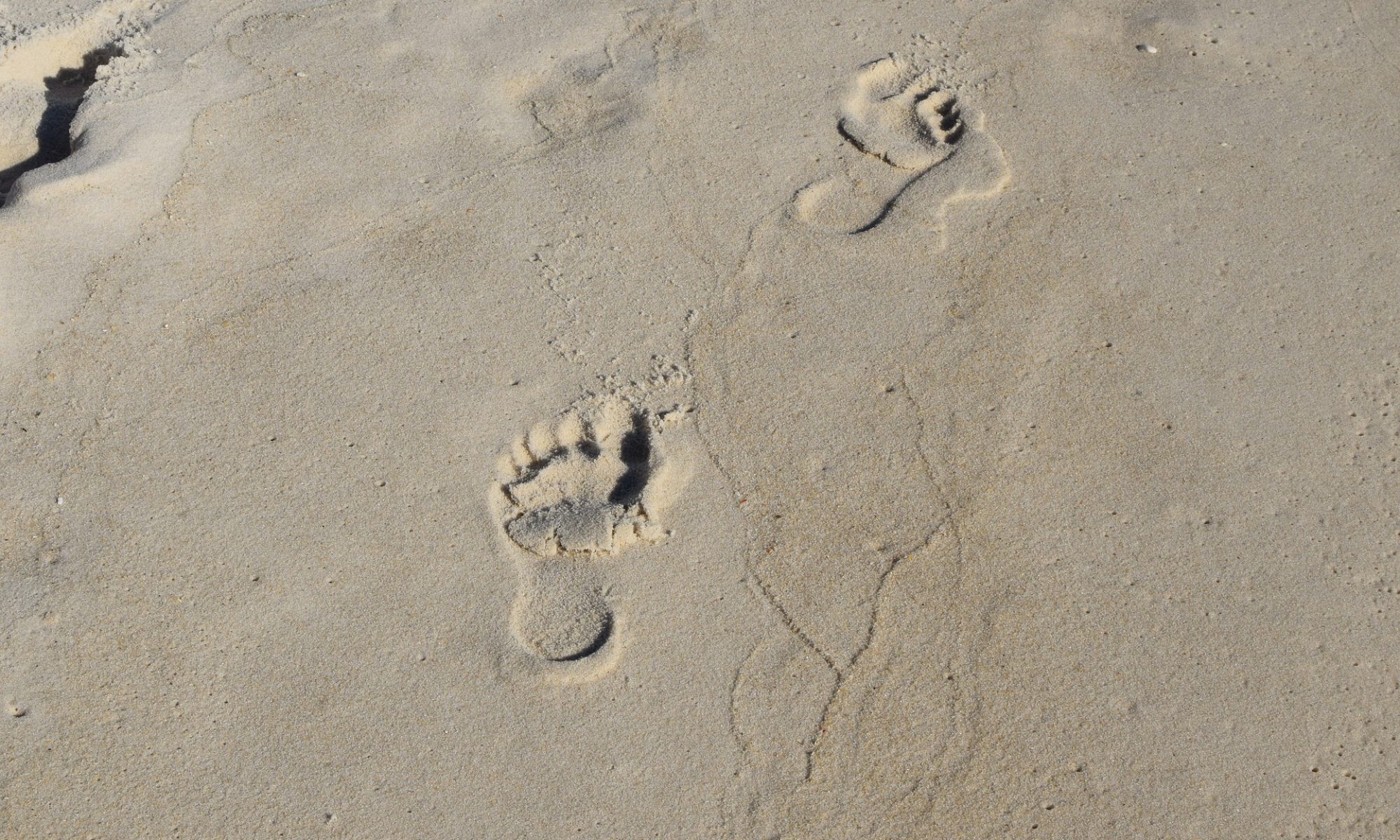by Ros Edwards
Lead qualitative researchers from the ESRC National Centre for Research Methods were invited to run a panel session at the 4th World Conference on Qualitative Research, held at Lusófona University of Porto, Portugal, 16-18 October 2019. As part of the panel session on ‘Methodological Innovations and Resources: Forms of Data, Partnership and Pedagogy’, Ros Edwards presented a paper on the Indigenous and non-Indigenous Research Partnerships project. Here she outlines the main issues that she covered and those raised by the audience.
With researchers from 30-odd countries attending, the WCQR 2019 was an excellent venue to present the why and what of our web, audio and visual resources to inform Indigenous and non-Indigenous research partnerships.
I explained the context for our project. On a pragmatic level, this was the UK Research and Innovation call for International Collaboration Network proposals, but on a more fundamental level, we sought to provide resources to support researchers who are embarking on Indigenous and non-Indigenous research partnerships to think about their methods, assumptions and behaviour.
I outlined the fundamental epistemological issues, where it is important to create and decolonise a space in which to value Indigenous knowledges, transform ways of understanding the world, and relate to Indigenous peoples and scholars that do not position them as deficit.
I showed conference participants the text, audio and visual resources that we had available on our website and those that were in development, to act as prompts to start thinking about the challenges and tensions in Indigenous and non-Indigenous research partnership working.
Researchers from the Philippines, Kenya, Columbia, New Zealand and Canada were especially interested in discussing the project and its resources. There were suggestions that the resources could be used not only for research partnerships and in teaching methods, but also to inform research funders, government and the general public.
Participants also wondered what the approach might mean for writing up research and disseminating it. Others asked knotty questions about the relationship between Indigenous and non-Indigenous researcher partnerships and empowering Indigenous peoples, and raised the issue of the need to inform and decolonise the powerful elites in the Southern sphere so that they understand the value and significance of Indigenous knowledges.
In other words, I learnt as much from the audience in my presentation as they may have done from me.
